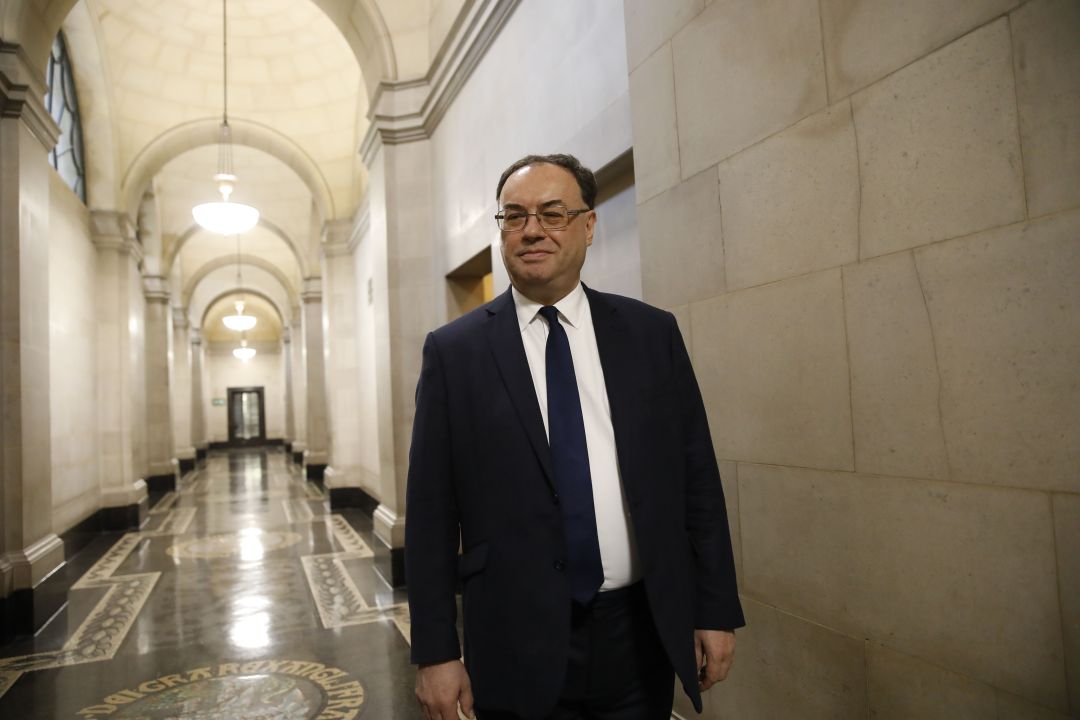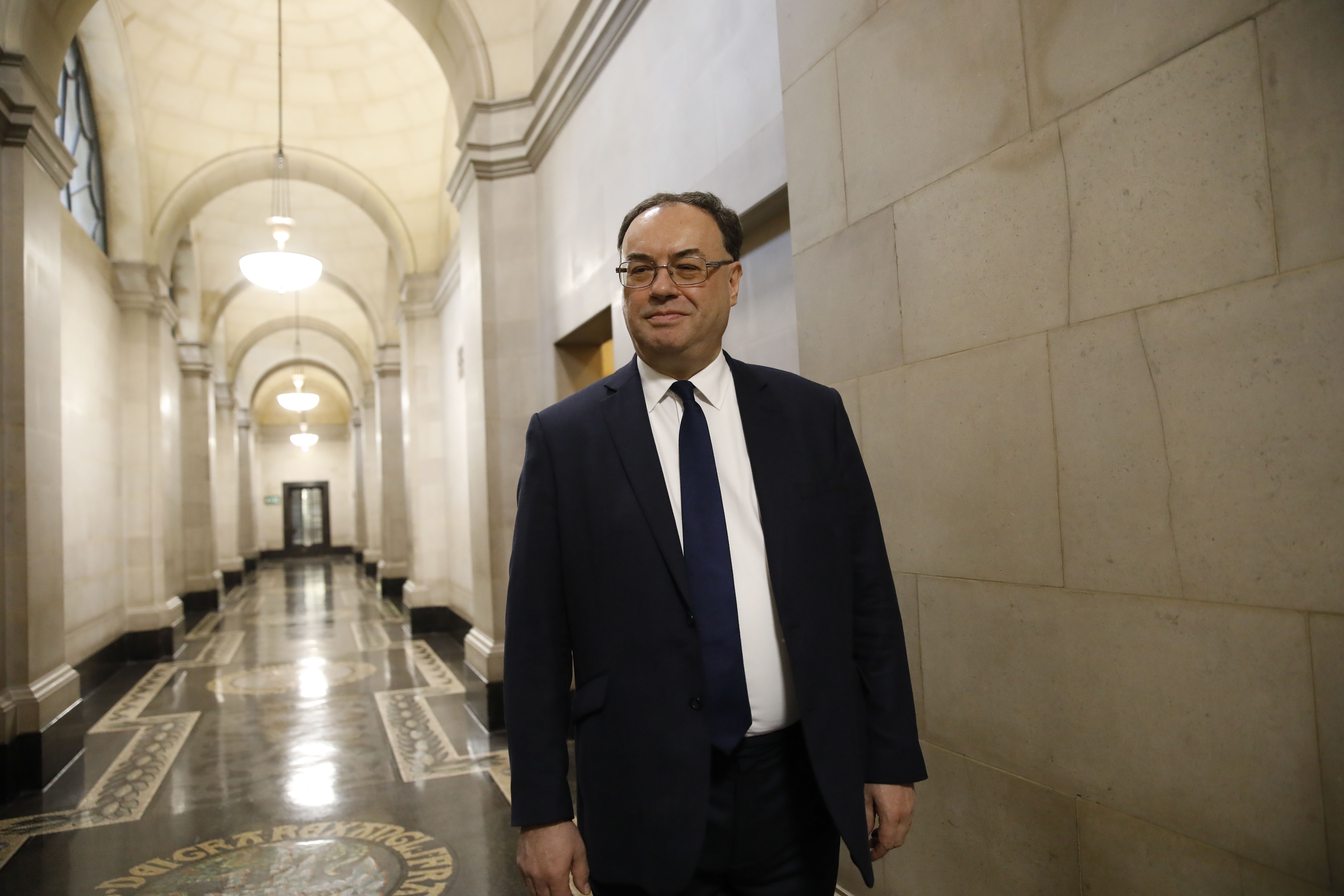Speaking to BBC Radio 4’s Today programme this morning, Andrew Bailey threw his support behind one of the more optimistic scenarios for a post-Covid economic recovery: that the UK will be back to pre-pandemic levels by the end of the year. The combination of the UK’s hugely successful vaccine rollout combined with increased levels of lockdown immunity – that is, the economic impact of restrictions ‘reducing as we all adapt’ – had the Governor of the Bank of England suggesting that we could see a full recovery by the end of the year (notably earlier than the Office for Budget Responsibility’s Budget forecast of roughly the middle of next year). Bailey was sure to put this into perspective, however: ‘Let’s be realistic,’ he said, ‘it’s not more than getting back to where we were pre-Covid.’ In other words, what the UK economy has endured, and the scarring from such significant economic contraction, does not simply disappear by returning to 2019 levels.
Speaking about the potential risks to recovery, Bailey noted the heightened sense of uncertainty, both on the upside (if consumers decide to spend their lockdown savings) and the downside (if a variant of the virus proves difficult to control with our current vaccines). On the prospect of inflation, Bailey suggested it was on track to return to the Bank’s target: ‘We expect that it will pick up reasonably quickly towards (2 per cent) in the next two to three months because energy prices were so low last year and they’ve gone up since. The important question then is: will that be sustained?’ On this point, he said he’d need ‘more evidence than normal’ to say with confidence that a rise in inflation was set to be sustained, due to the extreme set of economic scenarios the UK has been through and is continuing to experience.
Up until the last few months, there seemed to be a broad economic consensus that favourable conditions for vast sums of borrowing were here to stay, with gilt rates, interest rates and inflation all on the floor by historic standards. But recently, that consensus has started to break down. America’s $1.9 trillion stimulus package has Larry Summers – Bill Clinton’s Treasury Secretary and Barack Obama’s advisor – warning about inflation danger. Closer to home, Andy Haldane – the Bank of England’s chief economist – has been publicly considering what could cause inflation to surge, arguing that there are ‘good grounds for believing future inflation may behave very differently than in the past.’
Bailey’s comments this morning would suggest he doesn’t view an inflation surge as an imminent threat: on a big rise in inflation, Bailey confirmed that a 4 or 5 per cent increase was not something in the Bank’s forecast: words that will reassure Chancellor Rishi Sunak, whose second Budget delivered several weeks ago was designed to raise more revenue in case an inflation hike made it more difficult for the UK to pay its bills. Still, uncertainty looms large, with the Monetary Policy Committee last month projecting a ‘one-in-three chance of inflation lying below zero, or above 4 per cent’; it’s estimated that just a 1 per cent rise in inflation, interest rates and gilt yields blow a £25bn fiscal hole through the UK’s finances. The fact the Governor suggested this morning that both inflation and interest rates could rise – even modestly – in the near future, will bolster the argument that preparing for such a scenario was the prudent thing to do.








Comments